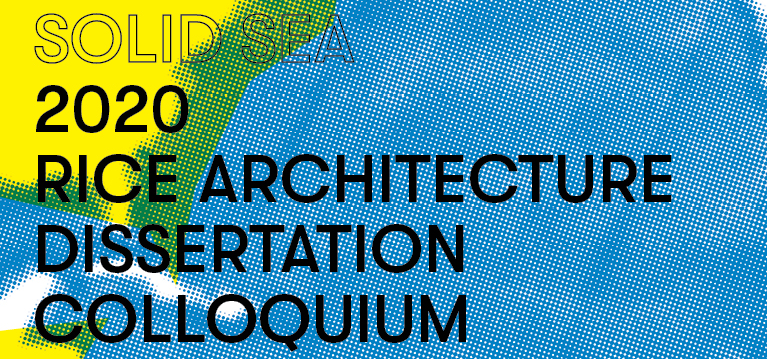Keynote Lecture: Esra Akcan
Associate Professor, Department of Architecture, Cornell University, Ithaca
Right to Heal
Friday, March 27, 6:30 p.m.
Colloquium:
Saturday, March 28, 9:30 a.m. –5:00 p.m.
To register for Day 1 of the event on March 27, click here.
To register for Day 2 of the event on March 28, click here.
Over the past years, reference frames in architectural history have shifted and with them, the discipline’s approaches and modes of practice have been transforming. In a world challenged by rapidly changing political boundaries and national identities and shifting scales of globalization, the colloquium brings together new research in architectural history (in its broadest sense and definition), which is based on an understanding of the Atlantic basin as a connector of four continents and cultural spheres, rather than a separating body of water. The interest of this workshop lies in an approach that focuses on cultural exchange and sheds light to the transformation of ideas, models and cultural attitudes along their transatlantic crossings, and will allow us to bring light to the impact of political, economic, social, and cultural transformations on architectural culture and the built environment.
With the goal to address and further strengthen the position of architectural history as an amalgamating force within humanistic research across different schools and departments at Rice University, this one-day colloquium offers an international group of doctoral students a forum to present new research in the history and theory of architecture, urbanism, landscape architecture, and design. The colloquium will be launched with a keynote lecture by Esra Akcan, the 2019/20 Frieda Miller Fellow at the Radcliffe Institute for Advanced Study at Harvard University and associate professor in the Department of Architecture at Cornell University.
The inaugural Rice Architecture Dissertation Colloquium: Solid Sea, organized by Associate Professor and Director of Undergraduate Studies Reto Geiser, is generously supported by the Rice University Humanities Research Center and Rice Architecture.
All lectures are free and open to the public.
For information regarding visitor parking on the Rice campus, please visit parking.rice.edu.


